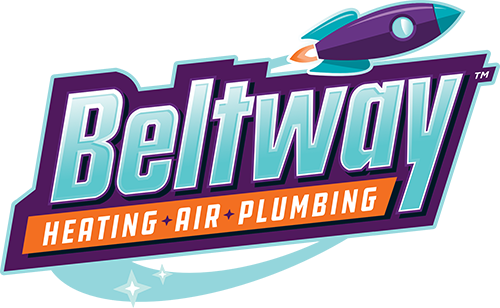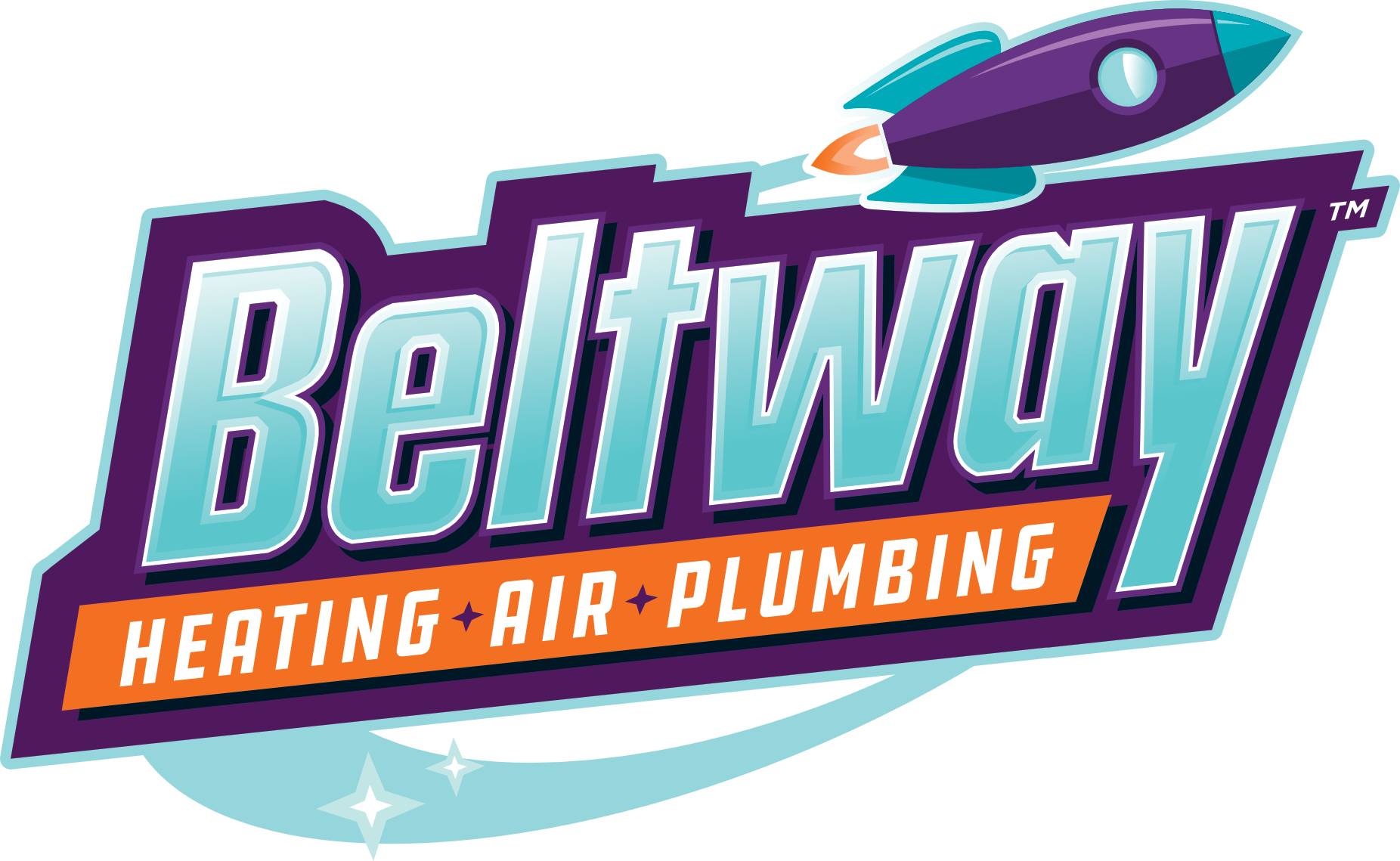Having problems with your furnace is stressful enough, and the worry of having to replace it only adds fuel to that fire. Fortunately, there are eight simple ways to evaluate whether you should repair or replace your system.
1. How Old Is Your System?
When properly maintained, the average heating system should last roughly 15 to 20 years. As your system ages, it naturally loses efficiency, so the older your system is, the more it’ll cost to run. In addition to using more energy, your system’s components will eventually wear out and need repairs.
Even if your system seems like it’s strong right now, an aging system could give out at any time. If your system is nearing the end of its expected service life, start planning your replacement now. This helps ease the burden of replacing your system, keeping it from becoming an emergency when you need it most.
2. Have You Kept Up With Routine Maintenance?
Your heating system needs routine maintenance to serve your family for its full intended service life. This is so important to the function of your system that most manufacturers require it as a term to maintain their warranty.
Your system naturally collects contaminants on the circulating fan and heat exchanger as it runs. When this happens, it puts strain on the entire system, causing it to wear out more quickly. This extra wear increases over time if not resolved and erodes your system’s service life.
During routine maintenance, your technician will clean these areas of your furnace to keep air flowing freely. They’ll also test your system’s components to ensure they are working optimally. Suboptimal components also cause additional wear and should be repaired before they lead to more substantial damage.
3. Is Your System Leaking Carbon Monoxide?
We all know how dangerous carbon monoxide can be. It’s known as the silent household killer. What you may not know is that your furnace is one of the primary sources of carbon monoxide in your home.
This deadly gas is one of the byproducts of burning fuel in your furnace. With a properly designed and maintained system, this easily escapes through the vent and dissipates in the air outside.
However, some problems with the system allow this to leak into your home. You should always keep a carbon monoxide detector in your home to let you know if there’s an issue. A technician will also do more testing during routine maintenance to detect smaller leaks that may not have set off your household detector.
A cracked heat exchanger is one of the more common causes of carbon monoxide leaks in a furnace. Part of your routine maintenance is a visual inspection of your exchanger to see if there are any cracks. A cracked heat exchanger commonly means it’s time for a new heating system.
4. Are You Consuming More Energy?
You likely keep an eye on your energy bill every month and cringe as the prices keep jumping. However, more important than the cost of your utility bills every month is the energy you consume.
As your system gets older, it naturally loses some of its efficiency, extending your heating cycles. Your system uses the same amount of fuel while running, so longer cycles mean more fuel used. You’ll notice this in your energy bill when you compare your fuel consumption to the same month last year.
If every month has higher consumption, then you know you have an efficiency problem. While some maintenance tasks may fix some efficiency problems, they are also a sign of an aging system nearing the end of its service life.
5. How Much Are Your Repair Bills?
Repair bills are another key indicator of what’s happening with your system. Common knowledge among HVAC professionals is that repairs increase in the last two years of a heating system’s service life. Not only do the number of repairs increase, but so do the complexity and cost of those repairs.
There’s an easy way to determine if the repairs warrant a new system. Take the total costs of your repairs over the last two years and multiply that by the age of your system. If that cost equals more than the cost of the new system, it’s time to get the replacement.
6. Is Your Furnace Making Strange Noises?
Strange noises also let you know when there’s something wrong with your system, and potentially when it needs replacing. Nearly all furnaces make some level of noise, and not all noises mean you need a new unit.
However, most noises, especially ones that are loud or get louder over time, indicate problems that need attention. Ignoring those problems only causes more damage to the entire system. Some noises, like a rattling from within your furnace unit when it first starts up, may indicate a serious problem, like a cracked heat exchanger.
7. How Soon Do You Plan to Sell Your Home?
As you’re looking at heating repairs and home investments, consider how quickly you want to sell your home. If you’re considering a move in the next two or three years, it may be time to replace an aging system, even if it may be a little earlier than if you were to stay longer.
One of the considerations for many buyers is major repairs and investments the home will need in the first couple of years after the purchase. An aging heating system means they’ll have that expense sooner over later. While this may not have a large effect on an offer, it may mean your ideal buyer would make an offer on a similar property with a newer system.
8. Could You Use a Tax Break?
Who doesn’t like to get a break on their taxes at the end of the year? If your system is aging, and you’re looking at repairs, that’s sunk money. However, if you replace your system, there are tax credits available for qualifying units. For instance, there is a $150 federal tax credit for natural gas, oil and propane furnaces with an Annualized Fuel Utilization Efficiency rating of 95% or better.
Choosing a New Heating System
It’s important to choose the right heating system for your home. You may be able to swap out an old gas furnace for a more efficient heat pump or geothermal system. Or upgrade to a high-efficiency system to help reduce your operating costs.
You’ll also need to make sure you get the right size heating system for your home. While knowing your serviceable square feet is a good start, there are other considerations that affect your need. This could be the environment around your house, how many people occupy your home, your windows and insulation, just to name a few. An experienced installation professional will take all of these into account when recommending an appropriate unit for your home.
People around Hanover have turned to Beltway Air Conditioning, Heating & Plumbing for trusted heating installation and repairs since 2015. Our team of expert technicians provides a full range of heating and cooling installation, maintenance and repair services, along with indoo




